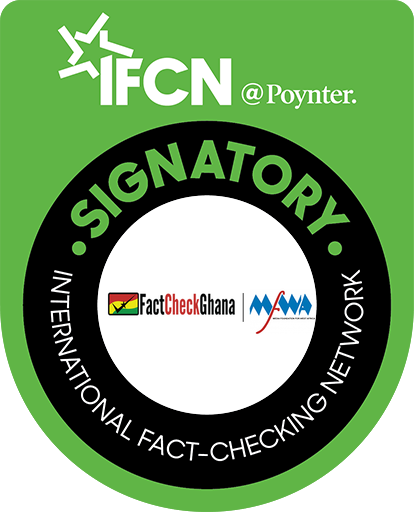Ghana began its vaccination exercise on March 2, 2021, with the target of vaccinating almost 20 million people by end of the year 2021.
As of today May 24, 2021, Ghana had administered at least 850,000 doses of COVID-19 vaccines according to the Ghana Health Service. A Reuters report said assuming every person needs two doses, that’s enough to have vaccinated about 1.4% of the country’s population.
Some Ghanaians who have taken the second dose have asked the Ghana Health Service to issue a directive on whether or not they can drop their masks as done in the US.
In this report, Fact-Check Ghana reviews what the Ghana Health Service and other medical experts say.
Will I still need to wear a mask after I get both doses of the vaccine?
Yes. You should still wear a mask, practise social distancing, and frequently wash your hands even if you receive the vaccine.
It is yet unknown whether people can spread the virus to other people once they have been vaccinated as the fact that protection from vaccines is not perfect according to the world-renowned John Hopkins University School of Public Health.
The centre said it will take about seven days after a second dose is taken before a full protective level of immunity is achieved.
If you are exposed to COVID-19 before the immunity is built, chances of contracting the virus are high, it added.
“We know now the vaccines can protect, but what we haven’t had enough time to really understand is – does it protect from spreading?” Avery August, professor of immunology at Cornell University told the Guardian in a March 2021 interview.
That is because the SARS-CoV-2, the virus that causes COVID-19, may still colonise the respiratory tract, though systemic immune cells protect the overall body from the disease, he is reported to have added.
Do I still have to practice social distancing and hand washing after I get vaccinated?
Yes—Since the virus is still out there being passed around, then people must continue to wear masks and keep socially distant to reduce the spread and prevent the chance that the virus comes into contact with someone who is vulnerable and could get sick.
Once you have received both doses of the COVID-19 vaccine, it will still be important to continue practising public health mitigation strategies like wearing masks and distancing until the pandemic is under control and we know more about how the vaccines prevent transmission, according to the US CDC.
People are considered “fully vaccinated” two weeks after they receive their last vaccine according to the CDC. Those same people then need to be conscientious about social distancing and mask-wearing in public, as they could potentially transmit the disease to the wider community, the CDC added.
The hope is that as more and more of the public is vaccinated, fewer people will have severe cases of COVID-19, and the pressure on the health system will decline with the prevalence of the disease.
What does the Ghana Health Service say about Mask and other COVID-19 protocols after the second dose?
Director-General of the Ghana Health Service (GHS), Dr. Patrick Kuma-Aboagye during a press briefing on May 19, 2021, said taking the vaccine does not fully protect a person from the deadly coronavirus pandemic but instead, taking both the first and second jabs could protect a person from being infected, hospitalised and dying.
Confirming the US Centers for Disease Control and Prevention’s position, Dr. Kuma-Aboagye said there was still the possibility of contracting the virus after taking the second jab, hence the need for people to continue to adhere to the safety protocols.
“Until a significant number of the population are vaccinated so that the chance of multiplying the virus within you and transmitting to someone who is vulnerable is cut, all have to continue wearing our masks, even if you are fully vaccinated,” Dr Kuma-Aboagye added.
This report is produced under the project: COVID-19 Response in Africa: Together for Reliable Information being implemented with funding support from the European Union.



